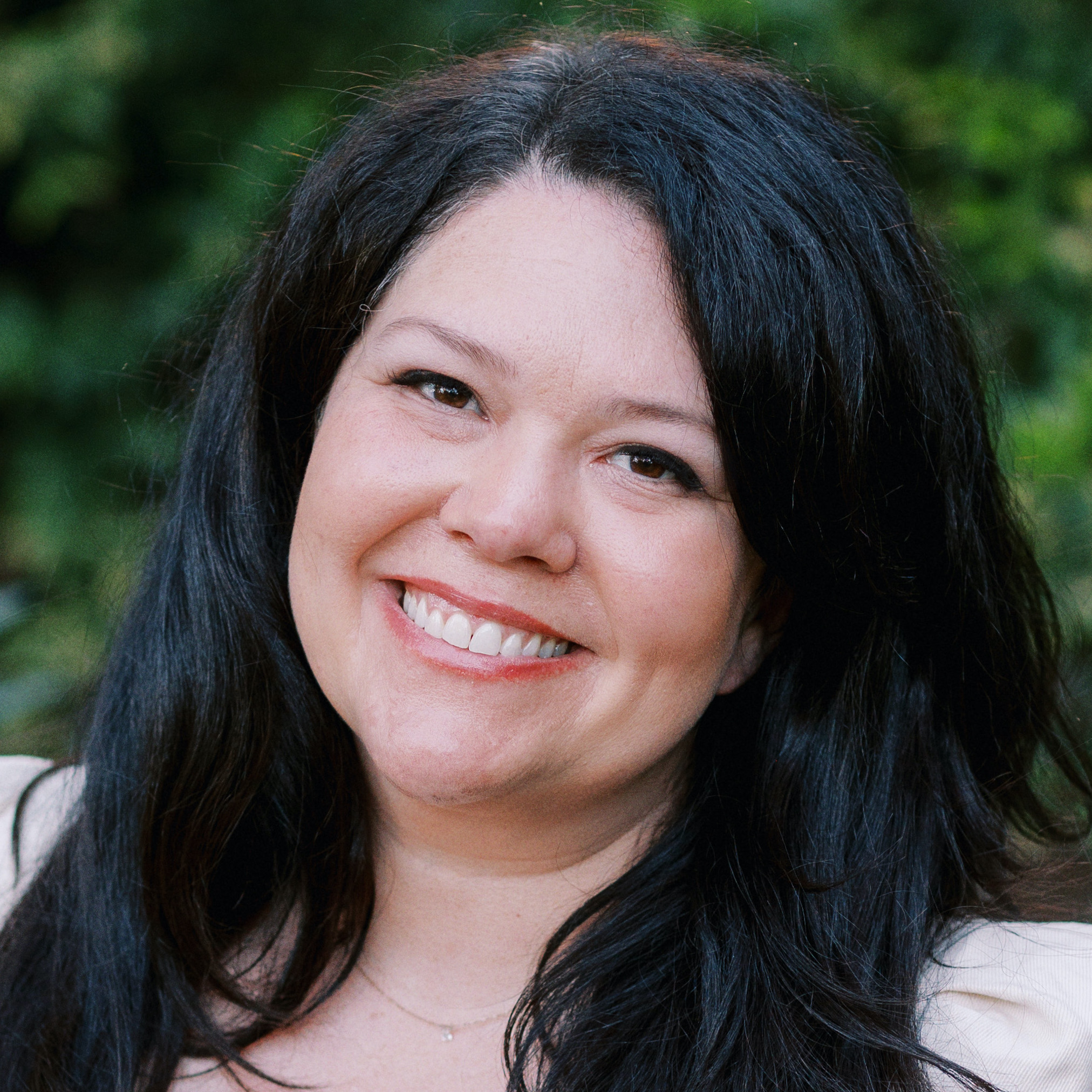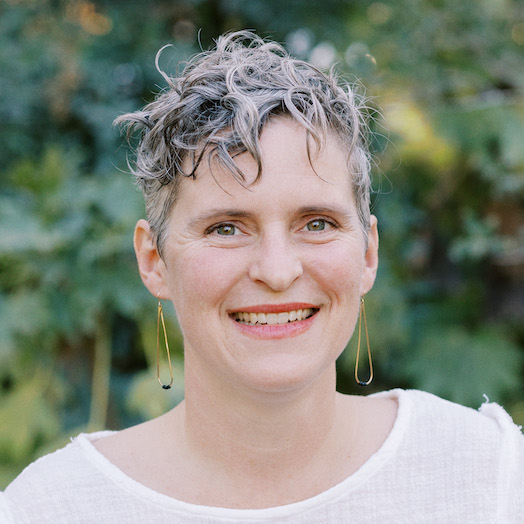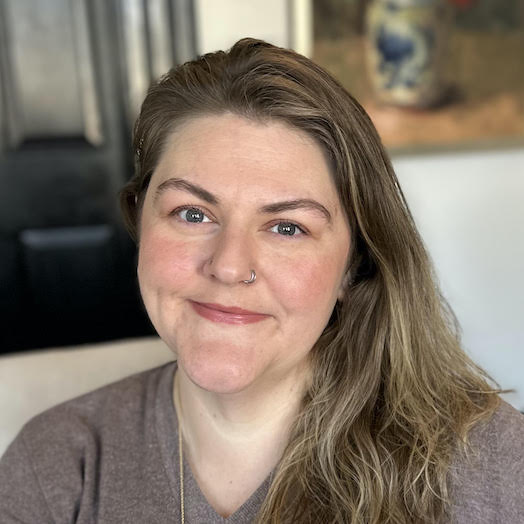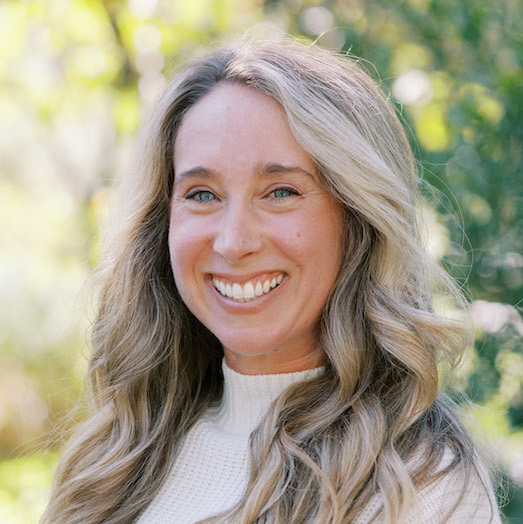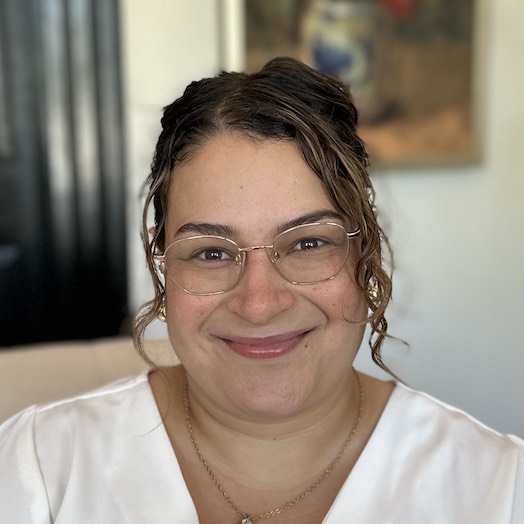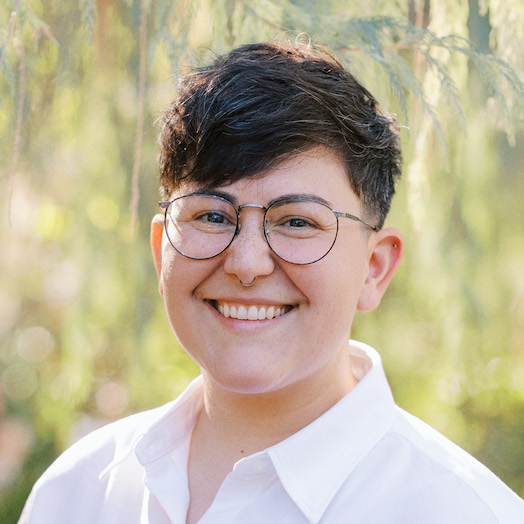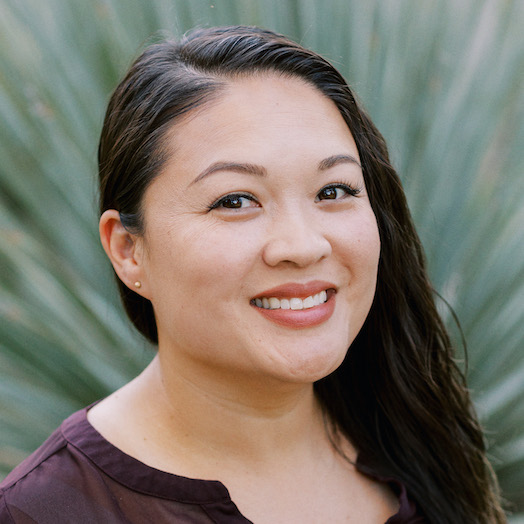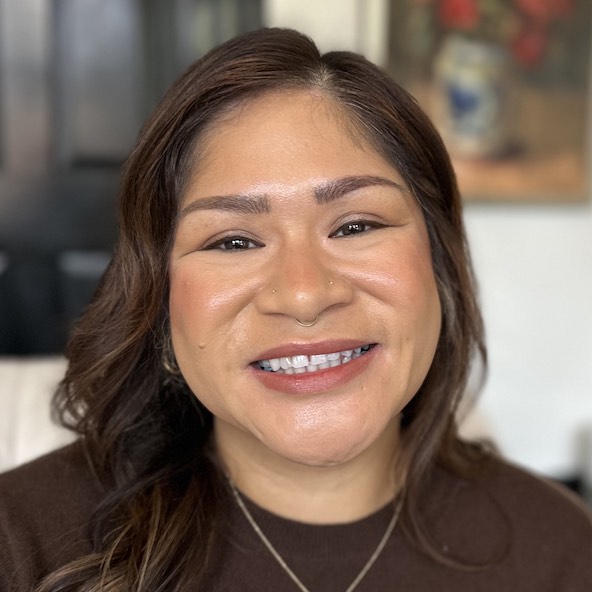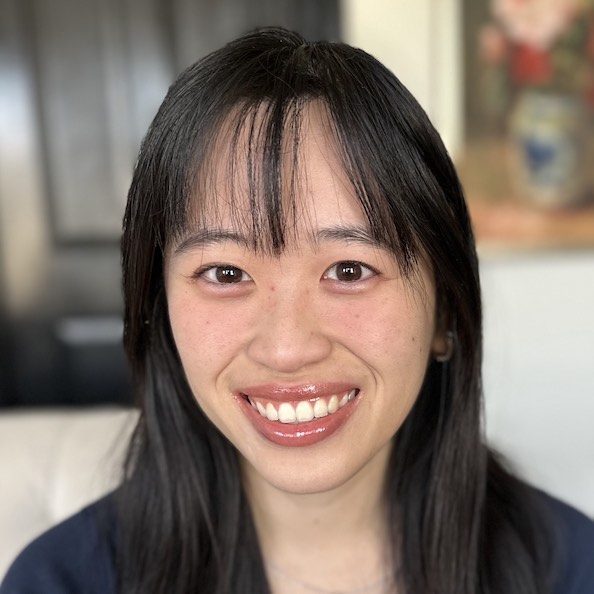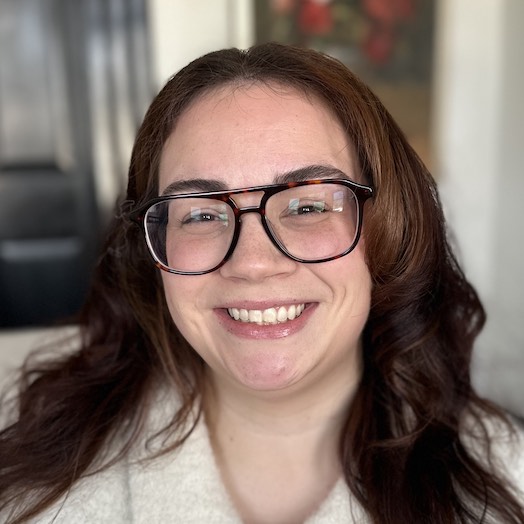
The key to coping with any difficult therapy session is self-care. We know that therapy can be really hard. In many sessions, you may be delving into your more complicated feelings, processing trauma, or otherwise addressing many of the parts of your life that cause you the most pain.
Therapy is a great place to address these things, as you can do so in a supported and safe space. However, transitioning from that space back into your daily life can be extremely difficult — especially after a particularly hard therapy session. So, what can you do to bring ease to this transition and take care of yourself? Luckily, the answer is simple. Practice self-care.
What Are the Types of Self-Care You Can Practice After a Rough Therapy Session?
Self-care can look like many different things, and the types of self-care that work best for you may not work for everyone. Because of this, it is crucial to understand what types of self-care practices are the most effective for you. Once you understand this, you can know how to re-adjust after a difficult session and get back to your daily life more efficiently (while, of course, taking the time you need to appreciate the steps you are taking to improve your mental health by treating and caring for your mind and body).
1. Treat Yourself
The first way you can take care of yourself after a particularly difficult therapy session is to give yourself a treat. Now, this could mean a consumable treat like a piece of cake, warm drink, or favorite dinner, or it could be something a little less direct, like finally going through with dying your hair, getting a pedicure, taking a hot bath, or booking a massage for yourself.
There are really endless possibilities for this option, and what you choose to do will depend on what things you like to do (or eat) that you count as treats. A treat can be anything that you do not often do that brings you joy and happiness.
2. Do Something Relaxing
If you do not feel like treating yourself, you can always do something that relaxes you. Maybe you love reading fantasy novels with a cozy blanket and cup of tea. Perhaps you love sitting down at your desk, opening your journal, and just writing everything that comes to mind. Maybe you love being creative and sketching painting, or sculpting. Or maybe nothing relaxes you more than doing something repetitive like knitting or doing a puzzle by a nice warm fireplace.
Doing something that relaxes you is a great way to unwind and take a few moments to process what happened during your therapy session. Additionally, consciously making a choice to do something that you know is relaxing to you shows your mind that you are taking time to take care of yourself.
3. Make a Routine
Humans love patterns and routines. Maybe you’ve noticed that having a particular routine helps you to keep track of time — such as what day of the week it is or even what time of day it is. Even if you have not noticed, we make patterns constantly. So, why not use this pattern-loving part of your brain to your advantage?
Creating a short post-therapy routine that you do after every single therapy session can be a great way to help notify your mind that you are finished with your session and moving back to your daily life. Your routine does not have to be a six-step self-care routine, either. It could be something as simple as making yourself a cup of tea or coffee or going for a short walk.
The point is, if you have a routine that transitions your mind and body from your therapy session — where you may be talking about difficult topics or memories — back to your day, you can more easily make this transition, even after a particularly challenging session.
4. Move Your Body
Another great way to practice self-care is to get your body moving. Whether that means taking a short walk, going to the gym, or even having a little dance party in your living room, moving your body is a great way to get your mind feeling better.
It is no secret that exercise is good for both your body and mind, but did you know that you can actually increase the amount of serotonin that moving your body creates by doing the moving outside? Being in the sun and seeing nature actually has a similar effect on our bodies to exercise. So, what does this mean? Well, if you are able to, even a short walk around the block or a stroll through your neighborhood park can be a great way to get your mind off the painful thoughts you may have talked about in therapy and in a much happier mood in just minutes.
5. Do Something Mindful
Mindfulness and mindfulness practices are becoming more and more popular as more people learn about the benefits that they can bring to the mind and body (and the connection between them). Whether you are a keen practitioner of meditation, yoga, or another mindfulness practice, or you have never heard of mindfulness practices, doing something mindful can be a great way to cope with a particularly challenging therapy session.
Maybe for you, this could mean doing some yoga in your living room, focusing on your breathing, or simply sitting and reflecting on your session for a few minutes after it ends.
What If You Don’t Know What to Do?
We get it, there are a lot of options that you could do, and maybe you don’t know where to start. Maybe you’ve tried some of the options we’ve talked about before without much success. Maybe you haven’t tried any of them, but you aren’t sure which ones will work or how you should go about deciding which types of self-care to use after your therapy sessions.
This could be a great question or topic to bring up in your next therapy session! Your therapist can help you find a post-therapy routine or help you determine which types of self-care may be best for you in terms of re-adjusting to your day after a session. We at Love Heal Grow strive to help you cope with any complicated thoughts and memories you may be working through — but we also want to ensure that you are able to continue living your life after our sessions. So, if you are having any difficulty or simply want some suggestions on how to practice self-care after your sessions, please do not hesitate to reach out!

